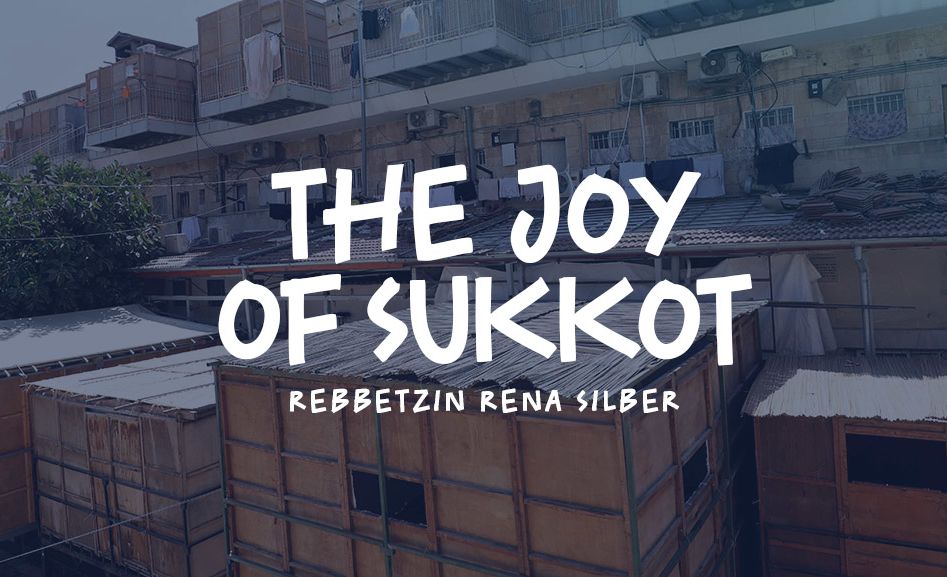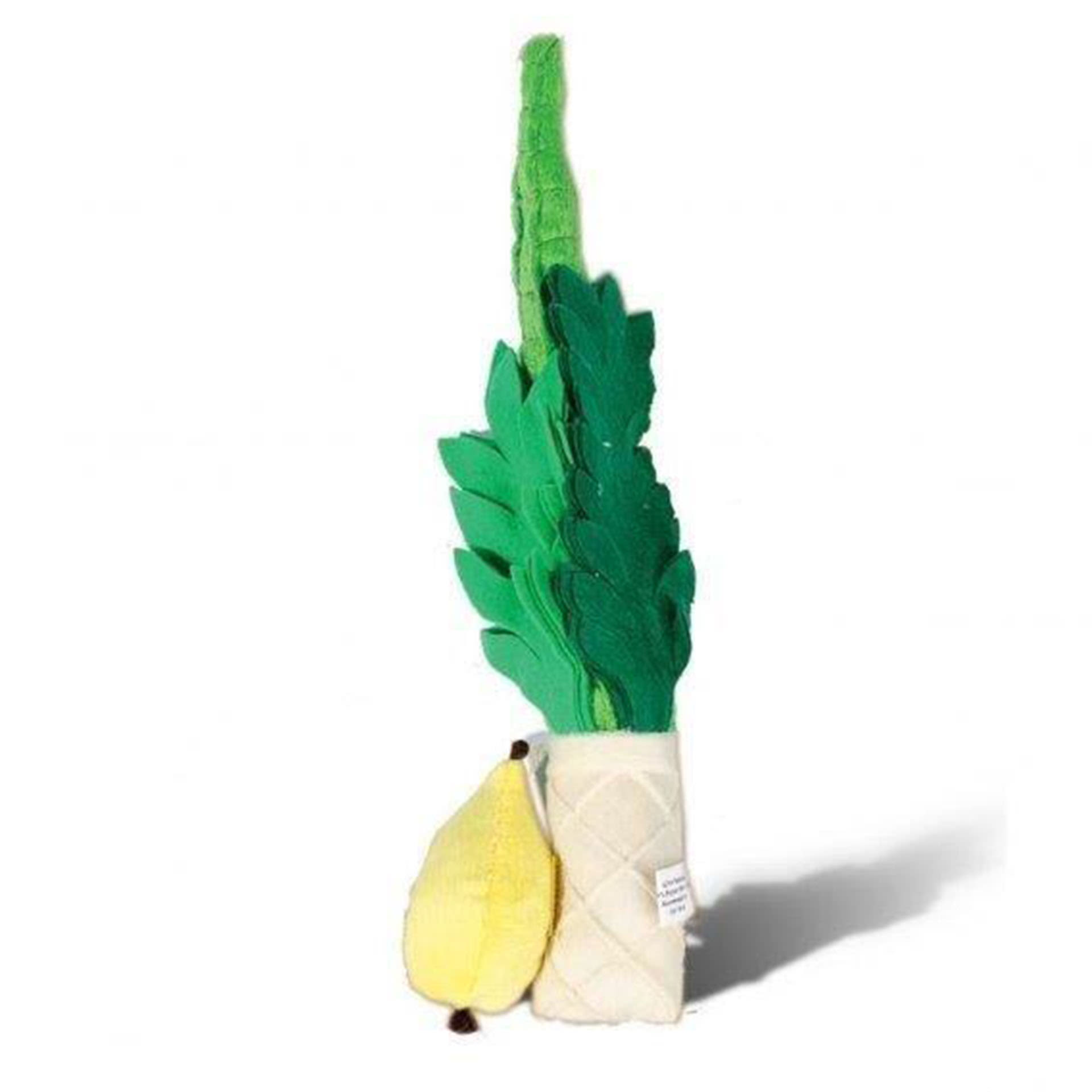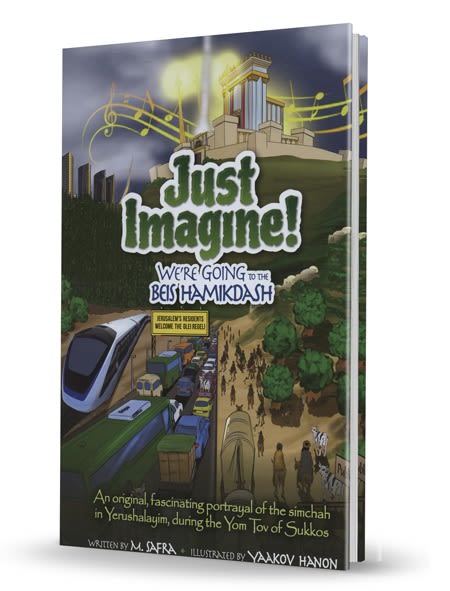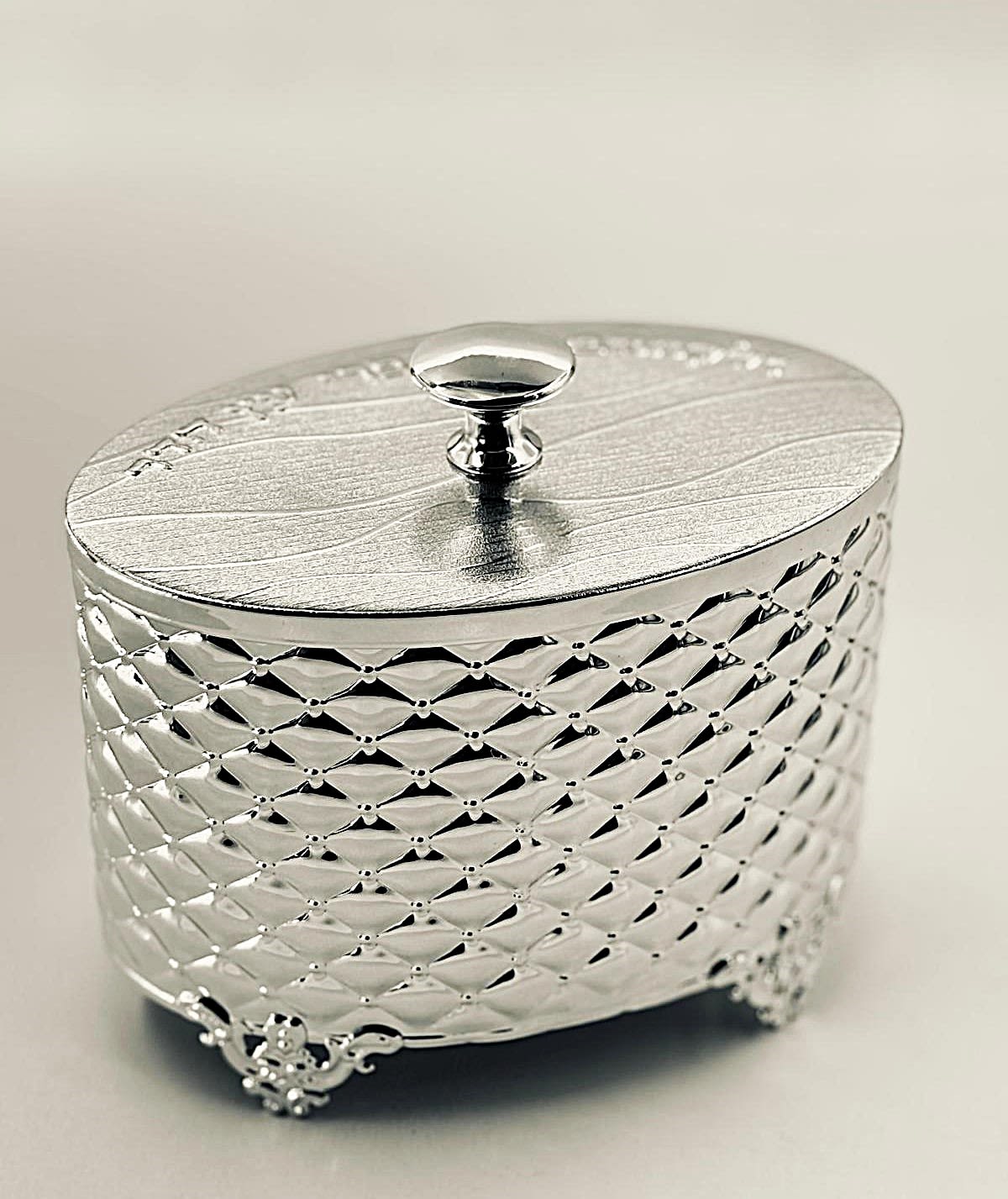
A Few Planks of Wood
As Rabbi Mordechai watched the cobbler make his way in the pouring rain, he could not help but cry out to God…

It had been pouring down buckets of rain since the early hours of the morning, and by now the dirt roads of the town of Lechovitch had turned into rivers of mud. The town’s rebbe, Rabbi Mordechai of Lechovitch (died 1810), stood at the window and gazed upwards, in the hope that he would see some sign that the storm clouds were finally about to pass.
That evening the holiday of Sukkot would begin, and all the Jews would leave the warmth of their homes to dwell in the little temporary booths they had built in fulfillment of the Torah’s commandment. But if it continued to pour throughout the night, it would be impossible to fulfill the commandment – a bad omen for the coming year.
Rabbi Mordechai let out a sigh. The clouds appeared to be determined to stay where they were. He was about to turn away from the window to begin his final preparations for the holiday when he noticed a thin, ragged figure limping down the muddy path that led to his door. It was the village cobbler, who was lame in one leg and eked out a miserable living that barely sustained his family with bread.
Rabbi Mordechai was known for his many charitable acts, and so it was not uncommon for the poor folk to come to his door with one request or another. He was glad that he still had a bottle of wine and a challah to give to the cobbler, for he was certain that it was food for the holiday that the poor man needed. But much to his surprise, the cobbler had a very different request.
“‘Rabbi Mordechai,” the cobbler pleaded, “do you still have a few planks of wood so I can build my sukkah?”
Now, in the few days between Yom Kippur and Sukkot, Rabbi Mordechai was accustomed to amass a fine store of planks of wood, which he would then distribute to all the poor people who needed them. But by now – just a few hours before the holiday was to begin – all the wood had already been given out.
Rabbi Mordechai’s heart nearly broke when he saw how sad the cobbler looked upon hearing the news – but what could he do? He couldn’t manufacture planks of wood out of thin air. And so the cobbler was forced to go begging from door to door, in the hope that one of the villagers might have an unused plank or two still lying around.
As Rabbi Mordechai watched the cobbler make his way in the pouring rain, he could not help but cry out to God.
“Ribbono Shel Olam,” he exclaimed, “see how Your children cherish the mitzvah of dwelling in a sukkah! See with what self-sacrifice they strive to perform it. Look down at this poor, lame cobbler who is tramping through the mud and the mire, getting soaked to the bone from the pouring rain, because he wants to perform Your mitzvah!
“Look down from Your dwelling place,” Rabbi Mordechai continued. ‘Look down and bless Your People, Israel. And just as we build our sukkot for You, spread out Your Sukkah of Peace over us!”
When the tzaddik had finished his prayer, he suddenly remembered that he had a few planks of wood from the previous year stored up in the attic. He quickly brought down the wood and called to his attendant to run after the cobbler and tell him the good news.
“And while you’re at it,” Rabbi Mordechai called out after his attendant, “help that cobbler build his sukkah, too!”
***
Libi Astaire is the author of Choose Light! Chassidic Tales for Chanukah, Rosh Hashanah, Sukkos, Passover & Shavuos; Breakfast with Rav Zusha and Other Stories to Wake Up Your Soul; and the award-winning Jewish Regency Mystery Series. Visit her website for more information about these and other books.












Tell us what you think!
Thank you for your comment!
It will be published after approval by the Editor.